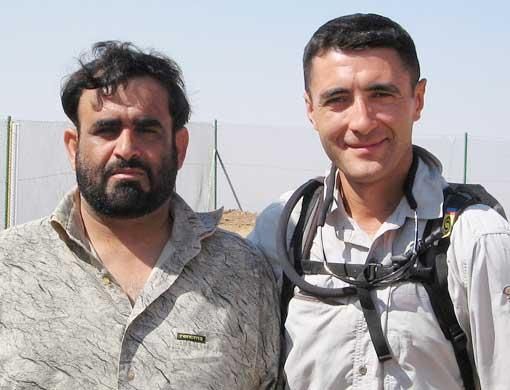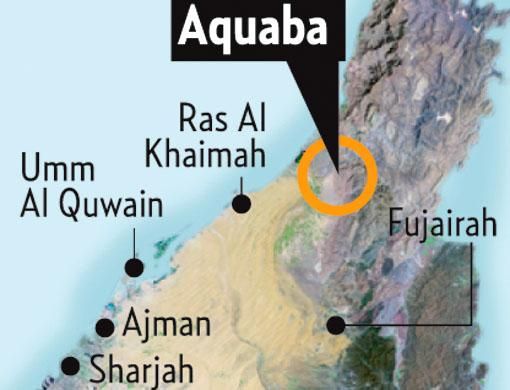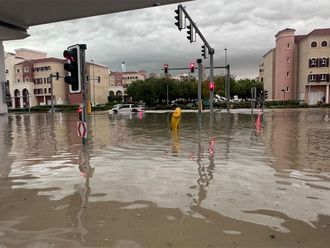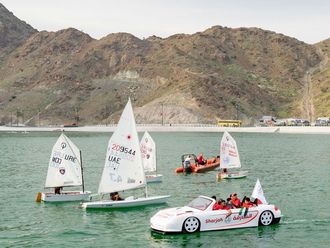Ras Al Khaimah: At first sight, the buildings look empty, the paths are quiet and the only sound comes from gusts of wind and occasional bursts of bird song.
The village of Aquaba, nestled high up in the Hajar Mountains near Ras Al Khaimah, has lain largely silent for decades. But that is starting to change.
Abandoned when oil arrived and residents realised they could have a more prosperous life in the city working for the government, Aquaba is one of several being rejuvenated thanks to tourism - all with the consent of the area's tribal leaders.
Spearheading the project is John Falchetto, a former journalist who now runs RAK adventure company Mountain Extreme.
This Canadian of Italian descent describes his project in simple terms: "I work with the tribes to bring the villages back to life."
Falchetto began hiking in the area several years ago and, thanks to his fluent Arabic, was able to get to know the elders in charge of the area. He realised their co-operation would be crucial if he was to achieve his ambition of bringing trekkers up to stay in the villages, which date back hundreds of years.
"In the beginning, they didn't understand that people would enjoy coming up here. They want to move to the city. It took many cups of tea to secure their consent. It is important that they do not feel we are infringing on their land. Although now they have government jobs, they still come up here so they must be happy with what we are doing," he added.
Camping
Falchetto identified several villages in different parts of the Hajar mountains that are suitable spots for overnight camping for the hiking trips that he runs.
He started three years ago and so far the renovation of three smaller villages has been completed, with a few people living permanently in each one. Work to rebuild and re-inhabit Aquaba, the fourth one, is now going on.
In Aquaba, which sits on the way up to the summit of Jebel Jays about two hours' hiking from ground level, there is a small flat, fenced area where tents can be pitched. A toilet block has been built.
Aquaba is the fourth village Falchetto has helped to rebuild.
Most of the former dwellings, in which villagers would lead a simple life looking after goats and growing crops, are still empty, but a few are now inhabited and the village no longer has an air of emptiness and decay. "We would like to renovate the whole village to the state it was in 100 years ago, rebuilding the water cistern and the places where they would grind wheat - all of the infrastructure that allowed people to live there," he said.
The work is no easy task however, since everything, including cement and gravel, has to be carried up.
Much of this is done by Pashtuns who now live in the villages. Coming from the mountainous regions between Pakistan and Afghanistan, they are skilled at hauling heavy loads up steep terrain.














